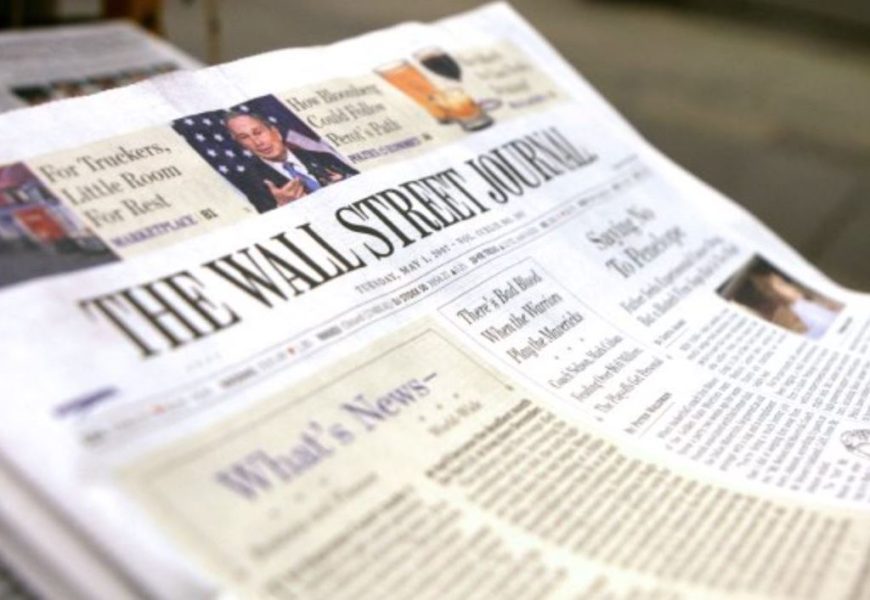In President Trump’s first term, he was among the earliest political leaders to point out the security risks of having a Chinese company control one of the largest American social media platforms. After President Joe Biden took office, he adopted a similar stance. Last year Congress passed a bill by overwhelming votes – 360 to 58 in the House and 79 to 18 in the Senate – requiring that TikTok’s parent company, ByteDance, sell it, and Mr. Biden signed the bill. In January the Supreme Court upheld the law’s legality in a unanimous vote. Every branch of the federal government seemed aligned.
But this bipartisan resolve collapsed in a matter of days, as Mr. Biden left office and Mr. Trump began his second term. For the past six months, the Trump administration has simply refused to enforce the law. TikTok continues to operate as before. ByteDance (which, like all Chinese companies, answers to the ruling Communist Party) continues to amass personal data about Americans and shape national discourse through its secretive algorithm for promoting videos. The Chinese government has long exercised tight control and censorship in its own country – and now potentially has outsize influence over information in the United States.
Legal scholars, be they liberal or conservative, have criticized Mr. Trump’s nonenforcement as illegal. Among the many lawless acts of his second term, the disregard for a recently passed federal law is among the most brazen. It is also a gift to the world’s most powerful authoritarian government.
Two alarming features of the current political scene have carried us to this point. The first is Mr. Trump’s tendency to put his interests ahead of the rule of law and national security. He reversed his position on TikTok last year after meeting with Jeff Yass, a major donor to Republicans whose company owns part of ByteDance. (Mr. Trump said they did not discuss the app.) The president’s announcement lacked any coherent justification, though he did note that he had become “a big star” on the platform. By Inauguration Day, he had amassed nearly 15 million followers, and he clearly recognized that the platform helped him spread his message.
Mr. Trump’s approach empowers him in key ways. Not only can he and his allies continue using TikTok, but he also has leverage over ByteDance and the tech companies that host TikTok on app stores or servers, including Google, Apple and Oracle. Under the law, the Justice Department can fine companies that keep TikTok on U.S. app stores and servers. After Mr. Trump delayed the ban, the department promised that it would not penalize the companies for disobeying the law, but that promise is hardly binding. As a result, these companies, including ByteDance, have reason to want to remain in the good graces of the administration. “Corporations operate under a sword of Damocles in every interaction with the White House,” Alan Z. Rozenshtein of the University of Minnesota Law School has noted.






